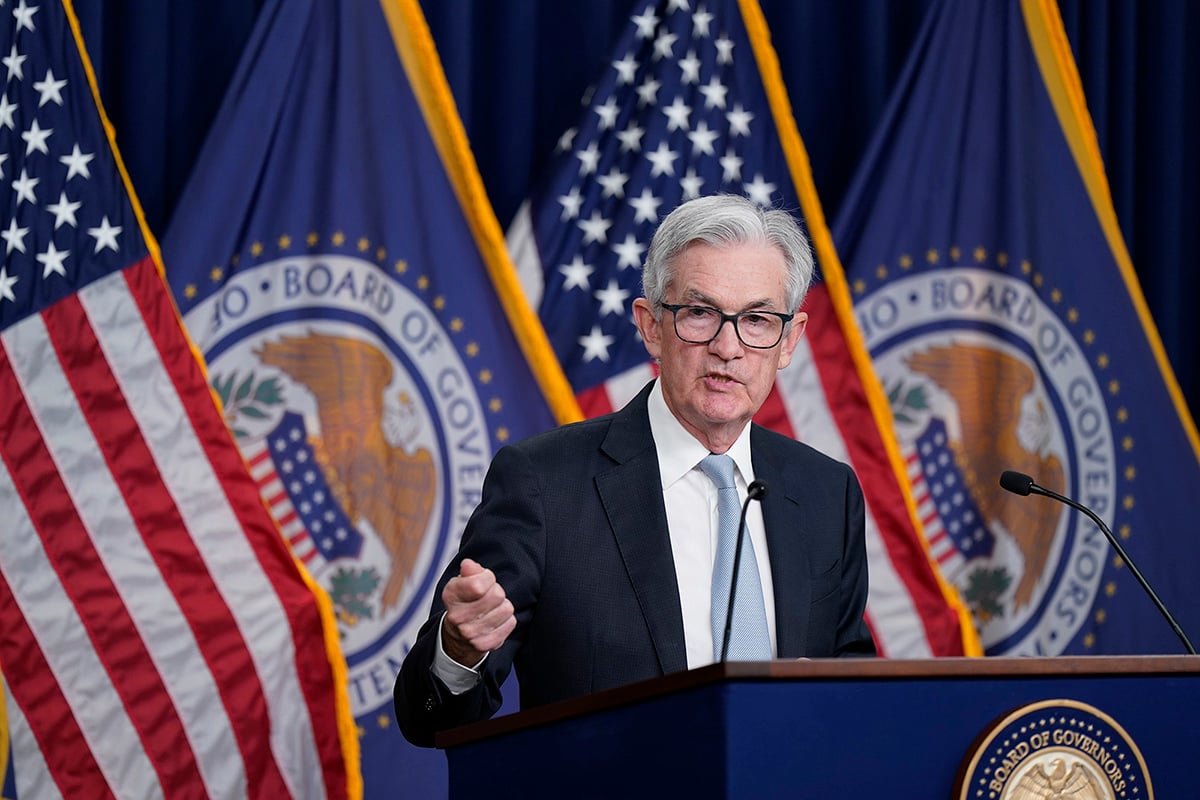It's hard enough to get a decent raise these days.Now, even the prize employers turned to instead is indanger—largely, they say, thanks to President Donald Trump,Congress, and hurricanes.
|The one bright spot in compensation in recent years has been therise of the bonus. But this year, for the first time in sevenyears, employer spending on bonuses declined, slipping atenth of a percentage point to 12.7% of total compensation, AonHewitt found in its annual survey of over 1,000 employers. “It'snot a dramatic change, but it is counterintuitive,” said KenAbosch, who heads compensation at Aon Hewitt.
|“What's even more surprising and alarming is that organizationsare pulling back their projected spending in 2018,” headded. Companies expect to spend 12.5% of totalcompensation on bonuses next year, the survey found.
|Despite the strength of the economy, a tight job market, andstrong corporate performance, employers have resisted raisingwages out of fear of increasing their fixedcosts. Those surveyed said they had given out, onaverage, 2.9% raises this year and expect to give aroundthe same next year. The specter of a recession, or even just abad year, has kept salary increases at that level for the last fiveyears.
|“There's just not any appetite to budge on salary spending,”Abosch said.
|In that kind of climate, the bonus is a much more alluring wayto reward workers: It's not permanent, so companies canchoose to hand out bonuses during boom times or withhold themwhen budgets tighten. Workers who rely on their regular earnings topay the bills would be justifiably angered by wage cuts, butthey may not expect to get a bonus every year.
|This year, however, companies are skittish on bonuses, too.Their budgets aren't tight, but they fear an economic downturnis on the horizon—and specifically, those surveyed said, thatgreater government spending on defense, infrastructure, andhurricane relief could boost inflation and hurt corporateprofits.
|“Organizations are expressing concerns about how all of that isgoing to get paid for,” Abosch said.
|There's something else giving employers pause on bonuses, too:“The accomplishments, or lack thereof, in terms of congressionalresults this year, and just some uncertainty about leadership ingeneral out of Washington,” Abosch said. Congress has passed a $700billion defense funding bill and a $15 billion inhurricane relief, but the passage of tax reform andhealth care legislation, two Republican priorities thatwould have a major impact on employers, is far fromassured.
|The employers surveyed didn't expect the uncertainty to lastthis long, Abosch said. “Everyone hears what the agenda is supposedto be, but there are concerns about whether the results willmaterialize.”
|From: Bloomberg News
|Copyright 2018 Bloomberg. All rightsreserved. This material may not be published, broadcast, rewritten,or redistributed.
Complete your profile to continue reading and get FREE access to Treasury & Risk, part of your ALM digital membership.
Your access to unlimited Treasury & Risk content isn’t changing.
Once you are an ALM digital member, you’ll receive:
- Critical Treasury & Risk information including in-depth analysis of treasury and finance best practices, case studies with corporate innovators, informative newsletters, educational webcasts and videos, and resources from industry leaders.
- Exclusive discounts on ALM and Treasury & Risk events.
- Access to other award-winning ALM websites including PropertyCasualty360.com and Law.com.
*May exclude premium content
Already have an account? Sign In
© 2024 ALM Global, LLC, All Rights Reserved. Request academic re-use from www.copyright.com. All other uses, submit a request to [email protected]. For more information visit Asset & Logo Licensing.






